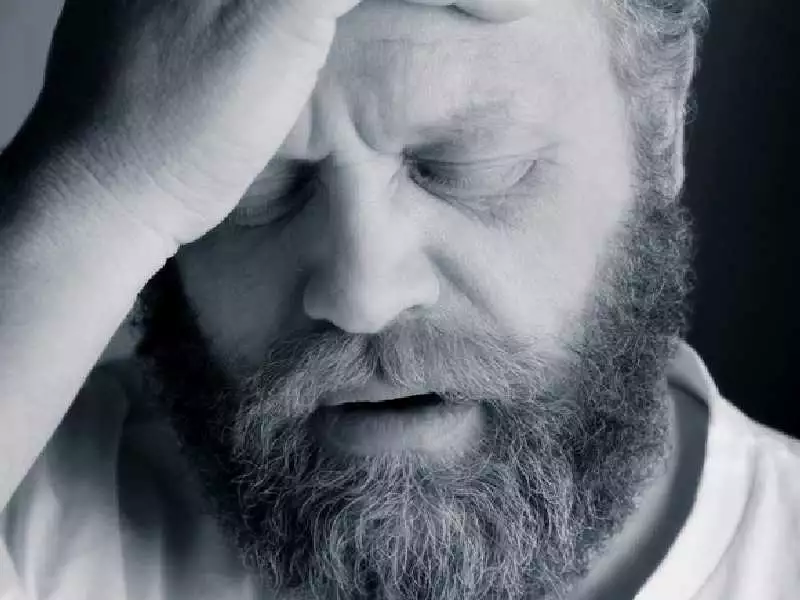Ageing is a natural physiological process that occurs with age. It involves a gradual decrease in the biological activity of the body.
This process leads to functional decline and to an increase in pathological processes.
The main mechanisms of ageing are:
- genetic conditioning,
- result of free radical damage,
- disorders of the immune system,
- somatic mutations,
- disruption of DNA repair capacity,
- accumulation of altered proteins.
Biological rhythms are in other words changes in physiological processes that occur in cycles. In humans, the following biological cycles are distinguished:
- circadian rhythm,
- circadian rhythm,
- seasonal rhythm,
- perennial rhythm.
Changes in biological rhythms with age consist of:
- reduction in amplitude
- disorganisation of the temporal structure
-
changes in period and its stability

photo ojoimages
Sleep-wake rhythm
The ageing process is associated with disturbances of this rhythm. Sleep problems increase with age. According to epidemiological studies, as many as 40-70% of people over 65 have sleep problems and 12-25% suffer from insomnia. Older people fall asleep earlier and wake up earlier as a result of the acceleration of the biological clock phase. In addition, the duration of active sleep also decreases, which is characterised by numerous awakenings during the night. These problems affect women more often than men, which is related to the menopausal period.









